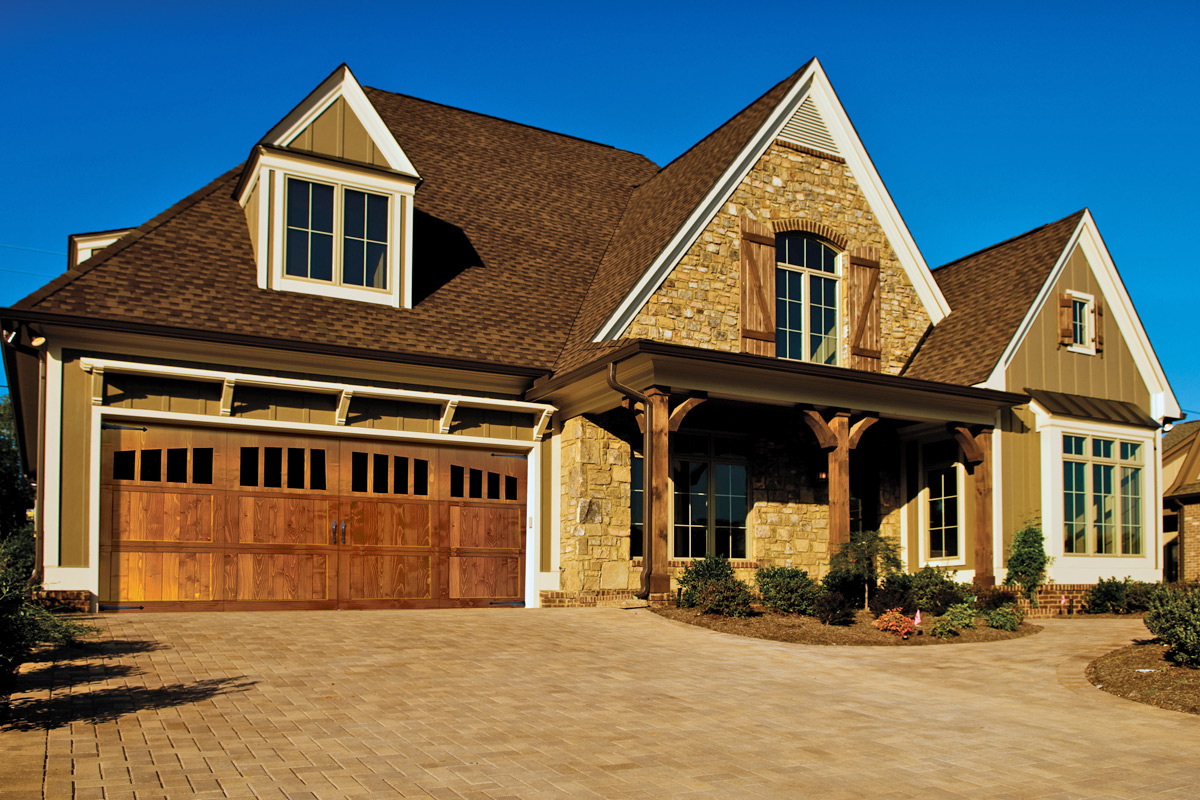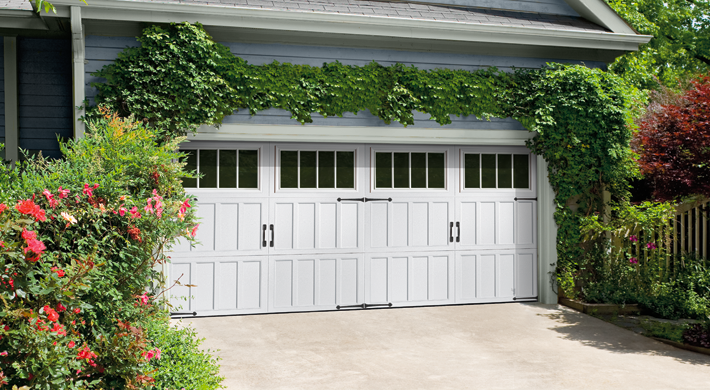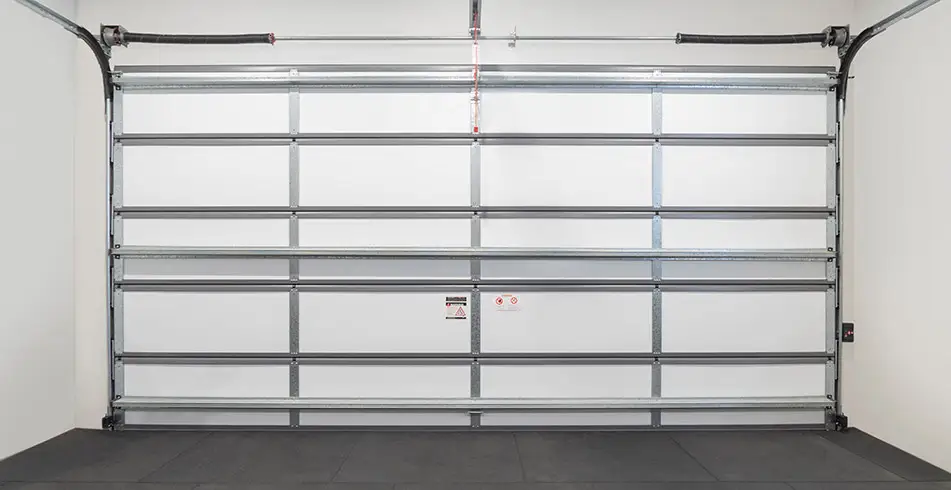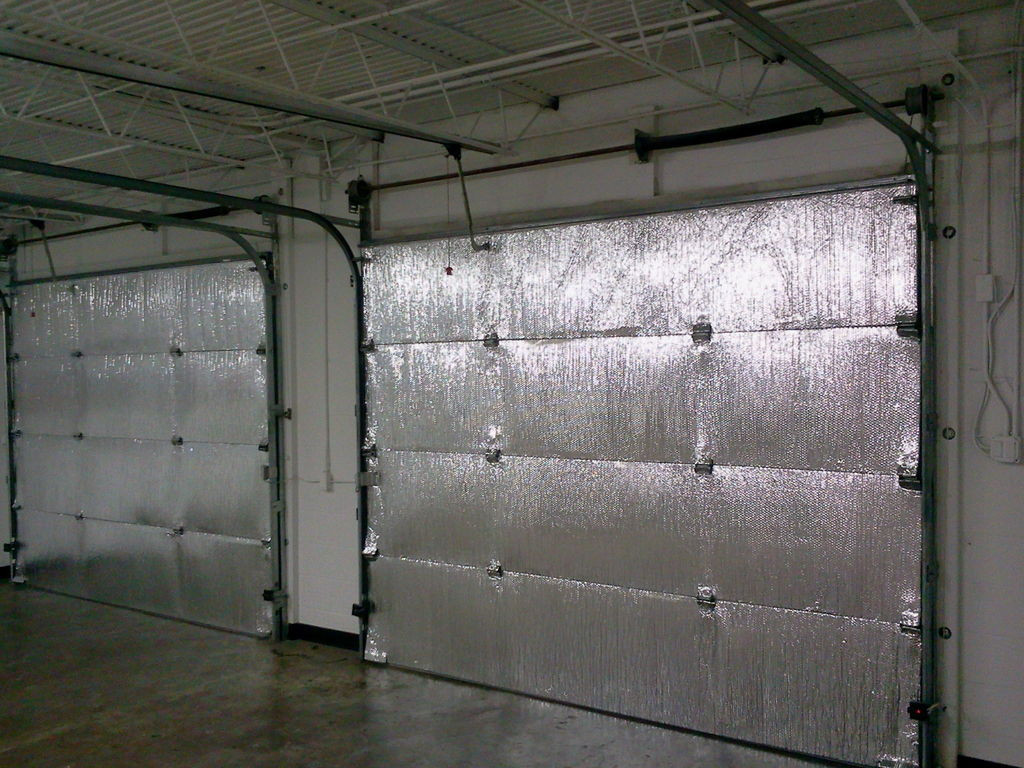Garage door openers are one of those household items we often take for granted – until they stop working. If you’re a homeowner curious about the power consumption of your garage door opener, you’re not alone. Understanding how many amps a garage door opener uses is crucial for ensuring your system operates efficiently and safely.

Introduction to Garage Door Openers
Modern garage door openers have evolved tremendously over the years. Today, they’re more than just a motorized device that controls the opening and closing of your garage door. They come equipped with various features such as remote control access, battery backup, and even smartphone integration. However, one of the most critical aspects to consider is just how many amps your garage door opener uses. Knowing this helps in understanding the electrical requirements and safety considerations for your home.
Why Knowing the Amp Usage is Important
Understanding the amp usage of your garage door opener can help you:
- Plan for electrical circuits
- Avoid overloading your electrical system
- Choose the right opener for your home
- Ensure safe and efficient operation
Typical Amp Usage of Garage Door Openers
Most residential garage door openers typically use between 5 to 10 amps. This can vary based on the model, age, and features of the opener.
Standard Openers
Standard garage door openers, which are the most common, usually draw around 6 to 7 amps under normal operation.
Heavy-Duty Openers
Heavy-duty openers, designed for larger or heavier doors, can draw closer to 10 amps.
Factors Affecting Amp Usage
Several factors can affect the amp usage of your garage door opener, including:
Type of Garage Door
The type and size of your garage door can significantly impact the amp usage. For example, a single-car garage door generally requires less power than a double-car or oversized door.
Age of the Opener
Older models of garage door openers tend to draw more power compared to newer, more energy-efficient models.
Additional Features
Modern garage door openers come with various features like Wi-Fi connectivity, battery backup, and enhanced security options. These additional features can also impact the amp usage.
How to Measure Amp Usage
Measuring the amp usage of your garage door opener is relatively straightforward:
- Use an ammeter or a clamp meter
- Ensure the garage door is in motion while measuring
- Record the amp reading
If you’re not comfortable doing this yourself, it’s always best to hire a professional. Get in touch with a local electrician to ensure accurate measurements and safety.
Choosing the Right Garage Door Opener
Based on amp usage and your specific needs, choosing the right garage door opener is crucial. Consider the following:
Power Requirements
Ensure that the opener you choose matches your home’s electrical capabilities.
Additional Features
Look for features that will enhance convenience and security.
Professional Installation
Always consider professional installation to ensure safety and optimal performance. You can find more details on professional garage door services at How to Program Garage Door Opener.
Frequently Asked Questions
Do all garage door openers use the same amount of amps?
No, amp usage can vary depending on the model, age, and additional features of the garage door opener.
Can I measure the amp usage of my garage door opener myself?
Yes, but it’s advised to hire a professional for accurate measurements and safety.
Does the size of my garage door affect the amp usage?
Yes, larger doors usually require more powerful openers, which in turn can draw more amps.
For more information on garage door maintenance and other relevant topics, you can visit Garage Door Safety Standards.
Conclusion
Understanding how many amps a garage door opener uses is crucial for homeowners seeking to ensure both efficiency and safety. By considering the factors discussed and choosing the right opener for your needs, you can enjoy a reliable and efficient garage door system.
For more information on garage door-related topics, check out these useful resources: Replace Your Garage Door? and Common Garage Door Problems.










